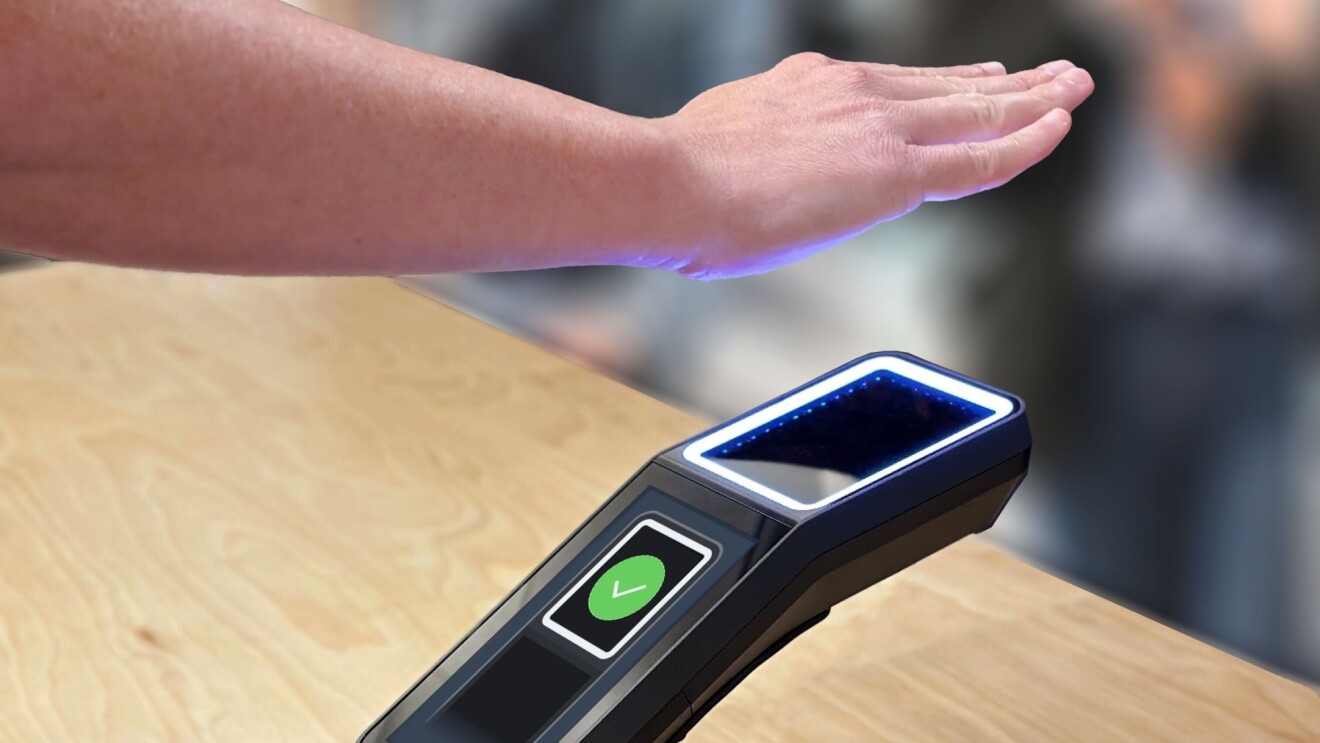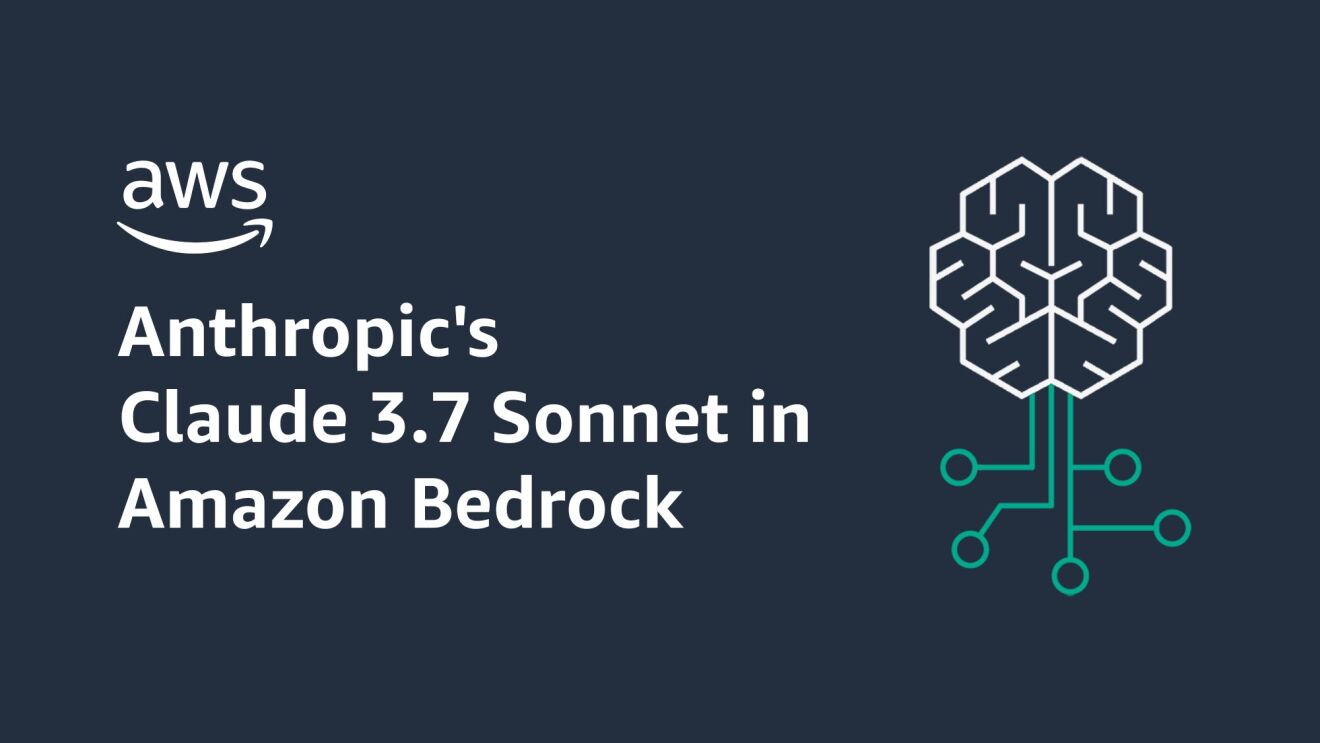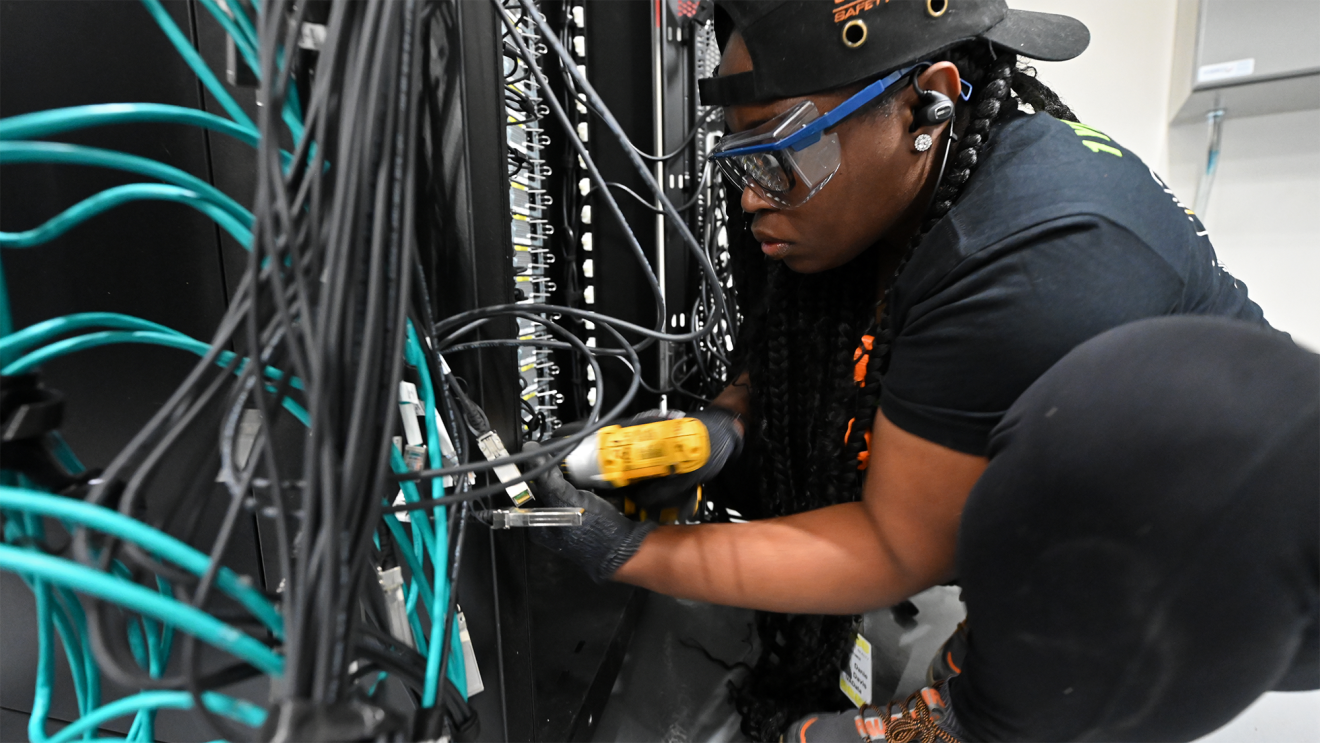As a 58-year-old lesbian and parent, Meg Columbia-Walsh is intimately familiar with the challenges women can face in their careers due to conscious or unconscious bias. As a sales enablement director with Amazon Web Services (AWS) in New Jersey, she strives to be a role model for other women in a work culture that she says values diversity, intelligence, and innovation.
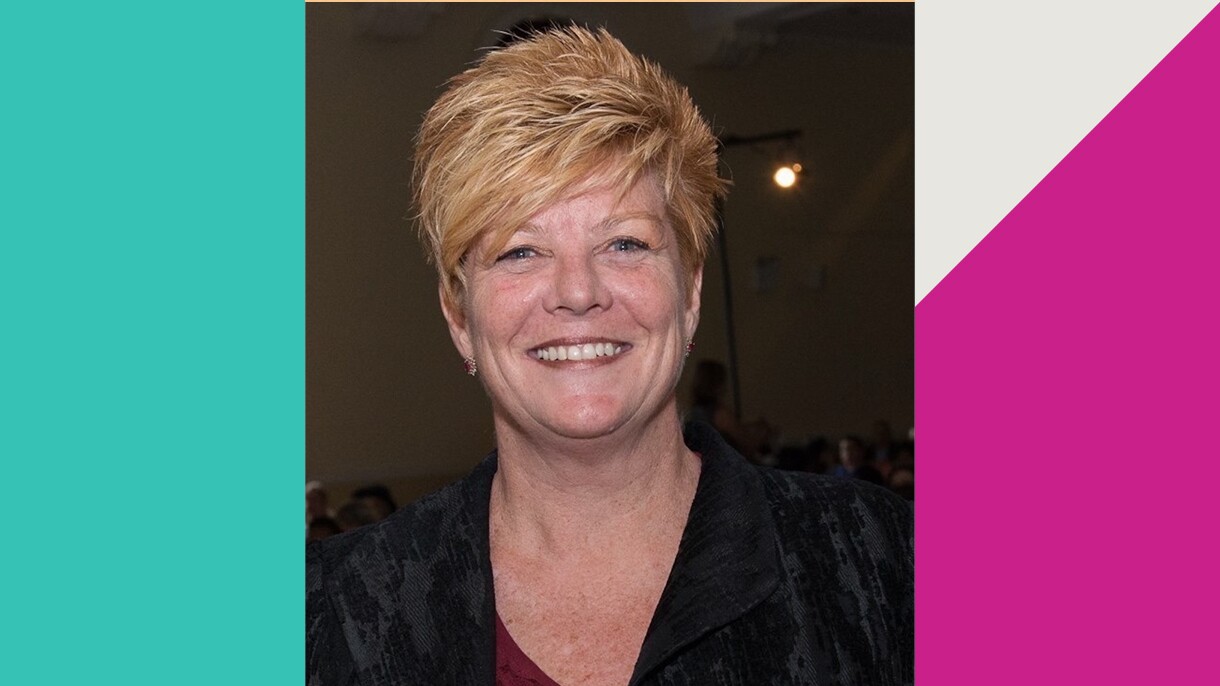 Meg Columbia-Walsh, sales enablement director at AWS
Meg Columbia-Walsh, sales enablement director at AWS“We are encouraged to think big, innovate, and earn trust. We cannot do that well with a single strand of experience and thinking, or single demographic,” Columbia-Walsh said. “We can only do that well with a diverse number of qualifications, experiences, and cultures. [Diversity] is limitless in its intellectual contribution.”
The women of AWS are increasingly experiencing what’s limitless thanks to an inclusive work environment that runs much deeper than hiring quotas or diversity initiatives. Employee-led affinity groups provide virtual and in-person spaces for connection and belonging while women leaders and mentors prove that working to build the future together starts with everyone getting a seat at the table.
“There are countless studies that have shown that the more diverse a workplace is, the more productive and profitable [it becomes],” Columbia-Walsh said. “We cannot claim to be the best if we do not have the inclusion of that diverse thinking and experience. The breadth of the contribution that comes from a diverse workforce—it is a precious commodity.”
Empowering our people
When Natalia Valle, a senior business development manager in Seattle for AWS Marketplace, moved into her role about two years ago, she didn’t notice many women. As the daughter of two immigrants—her mother is from Cuba, and her father is from Italy—she also noticed there wasn’t much Latino representation at the time.
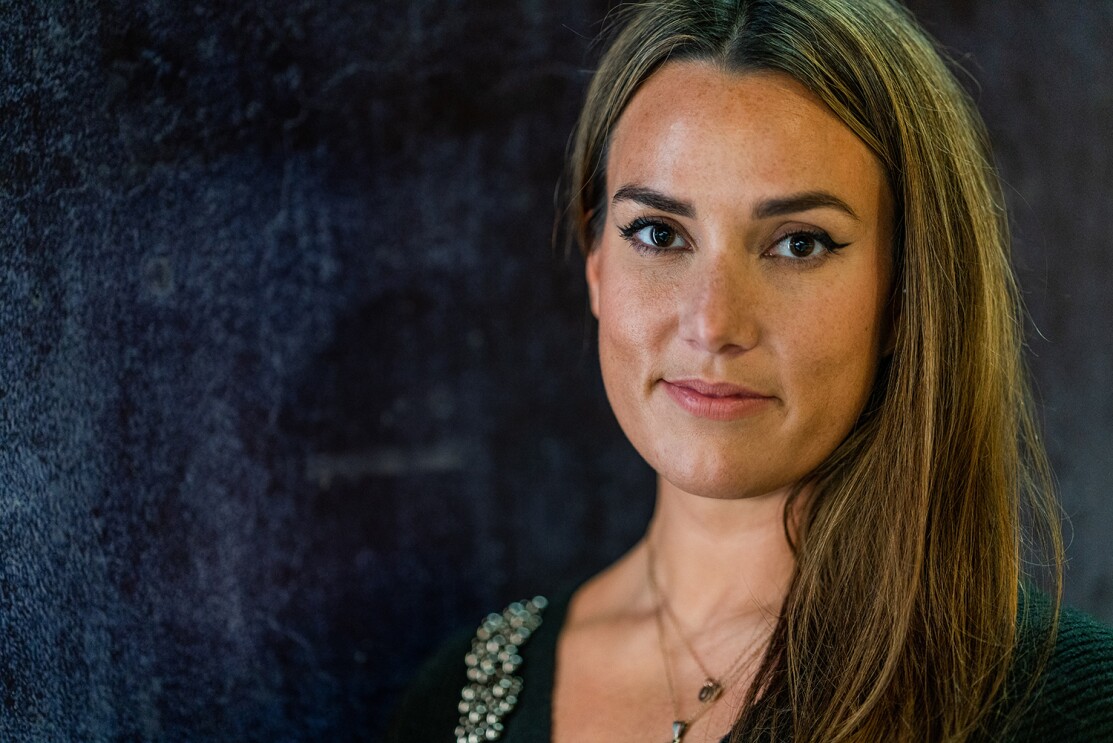 Natalia Valle, senior business development manager for AWS Marketplace
Natalia Valle, senior business development manager for AWS Marketplace“I don’t know if there were any Latin women two years ago, but that’s changed drastically just in the last year and a half,” Valle said.
Valle said that as AWS grows, the opportunities to grow diversity across the company are as exciting as they are vast. As she can attest, having moved from non-technical roles at Amazon—a global vendor manager for consumer electronics in retail followed by a senior business development manager for Launchpad in retail—to a technical role at AWS, the work culture and career growth opportunities across the company are perfectly poised to foster that growth.
“We have really strong leaders who mentor and teach. Skills can be learned, and it’s important to acknowledge that career paths vary and don’t have to be decided in college or even in your first couple of jobs,” Valle said. “I want to see more women in tech, more Latin women in tech, and more Latinos in general in tech. AWS is working to make that happen, but it also requires the people in the organization to do their part.”
That’s why Valle does exactly that. She’s a member of the Inclusion Board at AWS, the Latinos and Women affinity groups, the Seattle chapter of the national organization Girls in Tech, and she volunteers for an internal Amazon program called Candid Chats. She’s involved because she knows how impactful it can be to see people who look like you working in roles you might never have imagined were possible.
“We set up a 30-minute coffee chat for candidates so they have the opportunity to talk to somebody in the company who represents their community or background, so they can understand what the work environment could be like for them,” Valle said. “Amazon provides a ton of opportunities for you to advocate for the experiences you’ve had. I wouldn't have been here for as long as I have if I truly didn't believe in the overall mission that we're trying to achieve and the way that we've gone about it.”
That authenticity is exactly what inspires Rebekah Kulidzan, a solutions architect on the UK and Ireland Public Sector team, to share about her experiences at AWS. She said the inclusion, diversity, and equity work at AWS is so important because it’s important to everyday life. AWS does a great job ensuring its people never feel alone, she said.
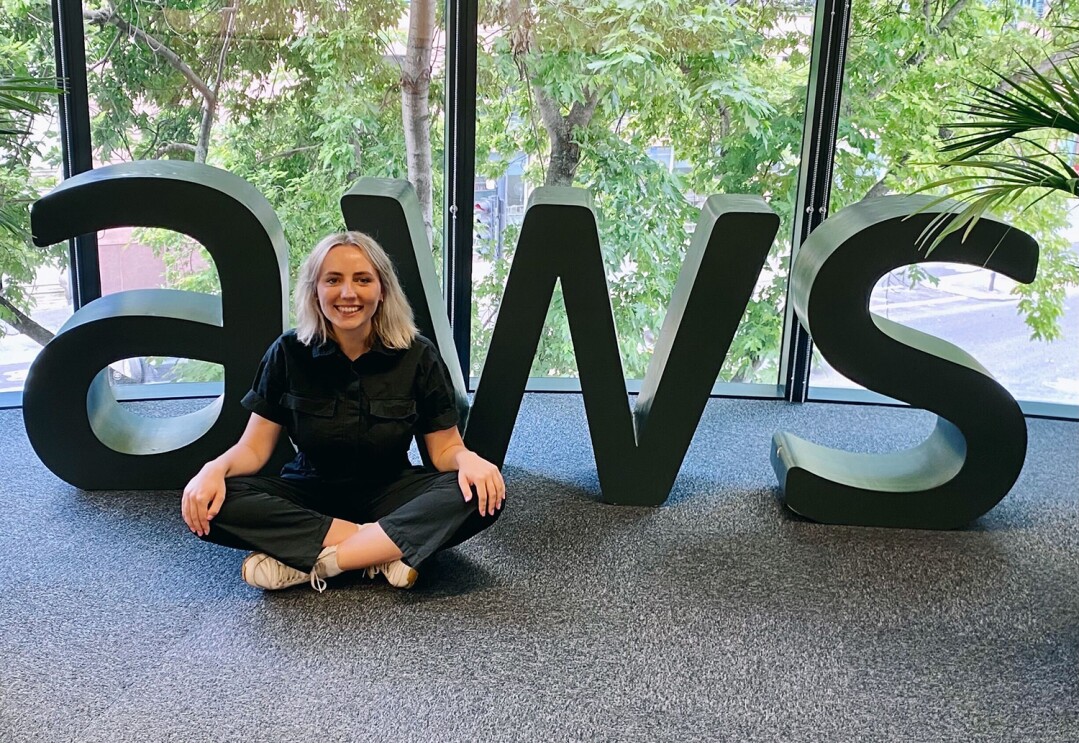 Rebekah Kulidzan, solutions architect at AWS
Rebekah Kulidzan, solutions architect at AWS“AWS’s culture is truly one where you are encouraged to bring your truest self to the table. Diversity of experience and background is seen as a positive, and feedback—no matter how difficult to hear—is cherished,” Kulidzan said. “I feel as though our voices are listened to no matter your tenure, seniority, or role. There is always someone to talk to, learn from, and support you, and you’re encouraged to reach out all the time.”
Opening doors for women in tech
With a career that has spanned the fields of health care, oil and gas, financial services, and now tech, California-based Lorraine Knerr has seen first-hand the imbalance of women representation in these industries and more. That’s why Knerr—who’s the head of artificial intelligence/machine learning and analytics architecture for AWS’s business development and strategic industries strategic accounts team—is so passionate about mentorship and “offering the hand down.” At AWS, she also feels empowered to amplify the voices of women technologists across the company to show other women that this is a place where they can thrive.
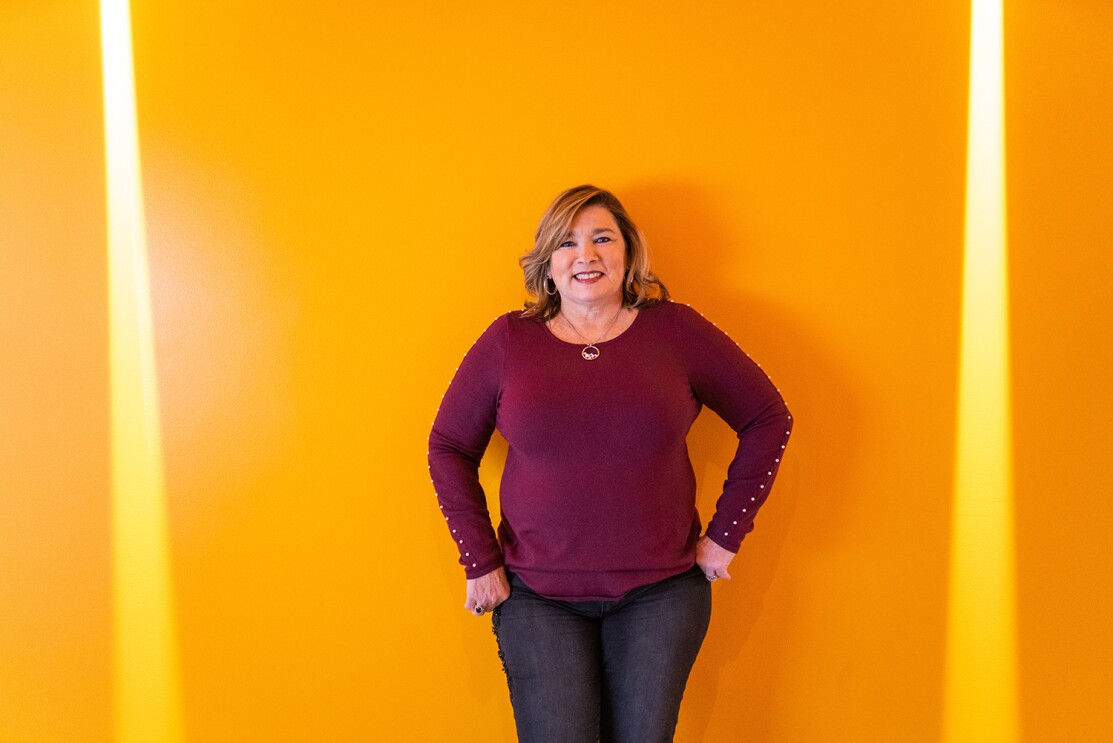 Lorraine Knerr, head of artificial intelligence/machine learning and analytics architecture for AWS business development and strategic industries strategic accounts
Lorraine Knerr, head of artificial intelligence/machine learning and analytics architecture for AWS business development and strategic industries strategic accounts“The woman role model is so important—to see what someone has done ahead of you. I love speaking to people about the journey and the art of what’s possible with your career because I’ve had such an unusual journey,” Knerr said. “You don’t need to come out of school with a computer science degree. We have technology and programs that enable you to get those skills, but we also need people with communications and customer skills.”
Case in point: Alex Anderson, a Seattle-based executive assistant at AWS who has learned that her background in sales, marketing, operations, and executive support could be a launchpad for a new career in tech. When the COVID-19 pandemic hit in 2020, she recognized the significance and staying power of technology. Now, she’s taking computer science classes and plans to enter the Amazon Technical Academy, a nine-month upskilling program that helps employees become software engineers. She found out about the program during one of the Women at Amazon affinity group meetings.
 Alex Anderson, executive assistant at AWS
Alex Anderson, executive assistant at AWS“Everything depends on technology now, and I want to be part of the future of helping people take their businesses to the next level,” Anderson said. “One of the reasons I decided to join AWS is because we’re so flexible with career changes. If you do one job and you don’t like it, you can always transition to another job. I see a lot more women in data science, computer science, and software engineering fields now, and Amazon really encourages [making transitions] through programs like the Technical Academy.”
A sense of belonging across the globe
At AWS, where all employees are known as builders whether they’re in tech or non-tech roles, the scale and scope of the business often highlights cultural differences around the world. When JuHyeon Song, who heads three business teams for AWS Korea—Digital Native Business, Game, and Independent Software Vendors—attended an AWS leaders conference in 2017, she was nervous about speaking in her non-native English to express her opinions at the meeting. She recalls another director—a woman—calling her by name to kindly and gently give her an opportunity to be heard.
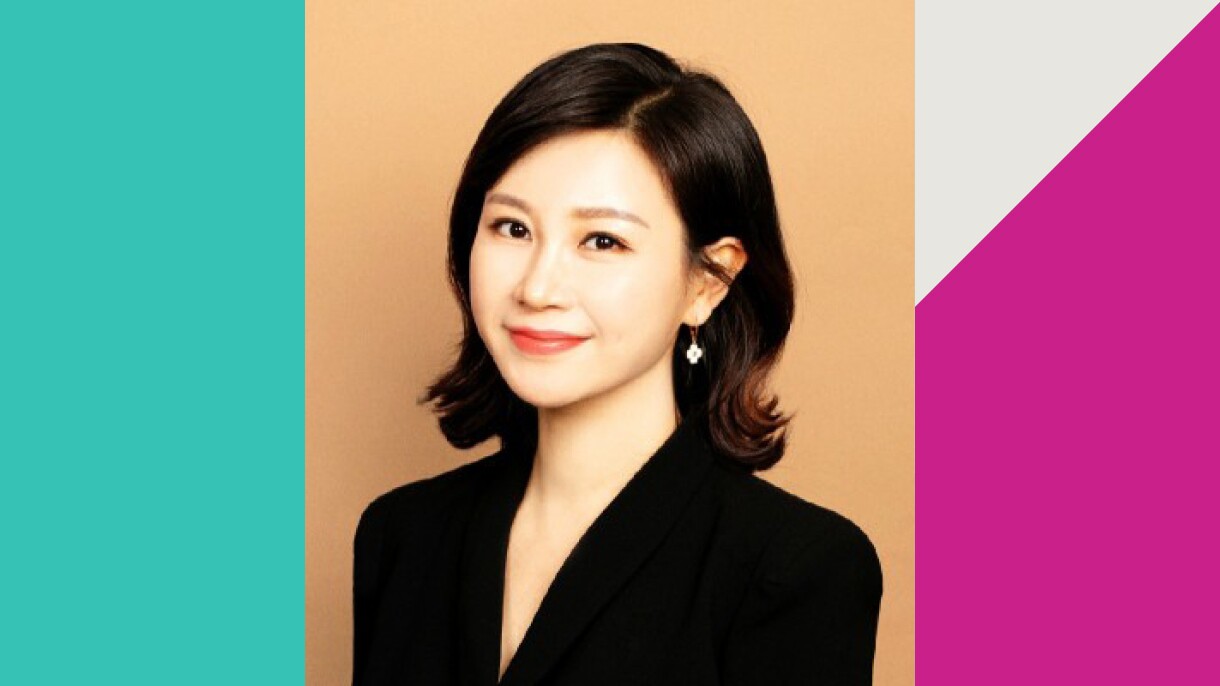 JuHyeon Song, head of three business teams for AWS Korea
JuHyeon Song, head of three business teams for AWS Korea“She made me comfortable to speak slowly and asked other Western speakers to be patient and pay attention to me,” Song said. “That was an amazing experience to me and I said to myself, ‘I’ll be a leader like that who’s considerate and inclusive to ensure every voice is heard.’”
Song went on to found the Women at Amazon Korea affinity group in 2018 and served as chair. She has been an active board member ever since. The group has evolved to become the Diversity at Amazon Korea affinity group to embrace diversity beyond gender. Song also shares her experiences and insight around other topics, including women in tech, corporate social responsibility, and working moms, across other forums.
“I have often experienced what it’s like being the only woman in the room—that’s why I feel more responsible for helping to grow more woman in tech and leadership,” Song said. “Hence, [I] put the continuous effort to eliminate general stereotypes about women to demonstrate my own unique value.”
When the culture across a company encourages and supports these conversations, women not only feel a sense of belonging, they feel empowered. Rishita Acharya, a logistics manager for data center operations in Mumbai, India, said that translates to benefits across the board, from the company to the customer. She said that thanks to AWS’s non-hierarchal structure, leaders are always approachable, your contributions and skills are valued, and work-life harmony is encouraged.
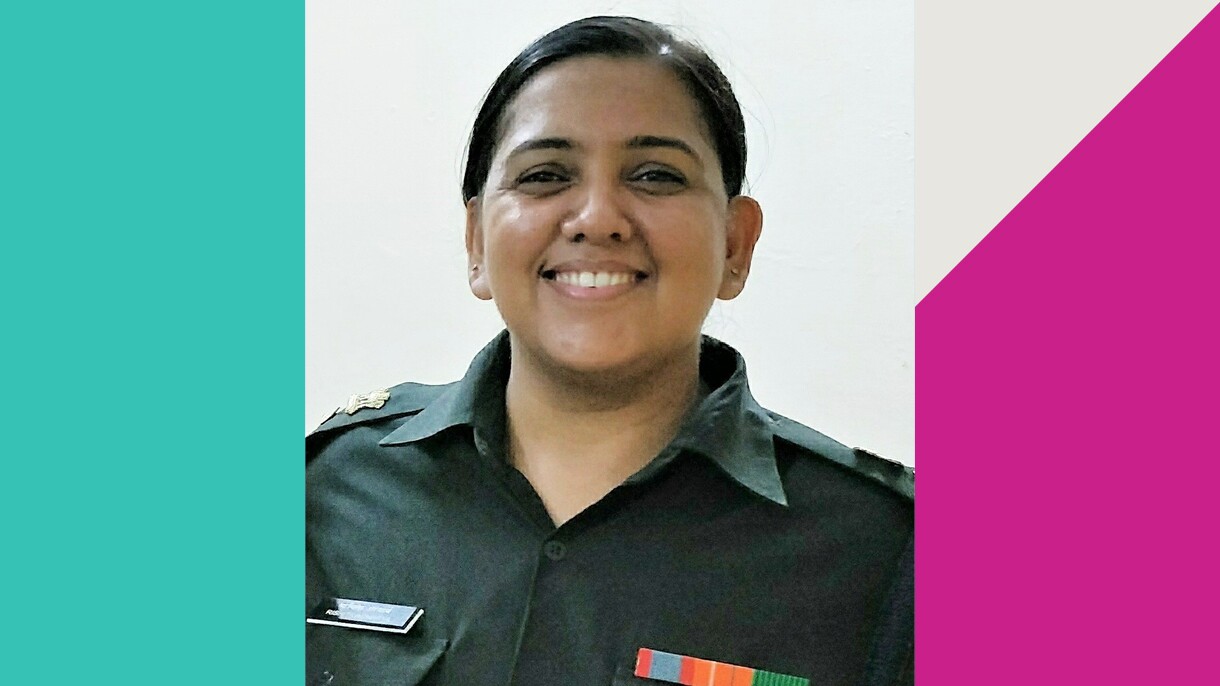 Rishita Acharya, logistics manager for data center operations at AWS
Rishita Acharya, logistics manager for data center operations at AWS“When employees feel more connected at work, they tend to work harder and smarter, producing higher quality work. I feel it is very important to truly acknowledge and celebrate the strength that inclusion, diversity, and equity brings,” Acharya said. “It not only boosts a company’s reputation and attracts new talent, but it also helps us retain our talent and serve our customers the best. A diverse workforce will have diverse skill sets and experiences that pave the way for larger innovations.”
AWS is building a workplace where more people can thrive in order to create technology that works better for everyone. Visit Changing the Conversation to learn more about women builders at AWS and how our inclusive culture helps them thrive.
Trending news and stories
- How Amazon proved its new delivery drone is safe for takeoff
- Amazon’s AI-powered ‘Interests’ feature automatically finds new products that match your passions and hobbies
- Amazon makes it easier for developers and tech enthusiasts to explore Amazon Nova, its advanced Gen AI models
- How to watch ‘Octopus!,’ coming exclusively to Prime Video






